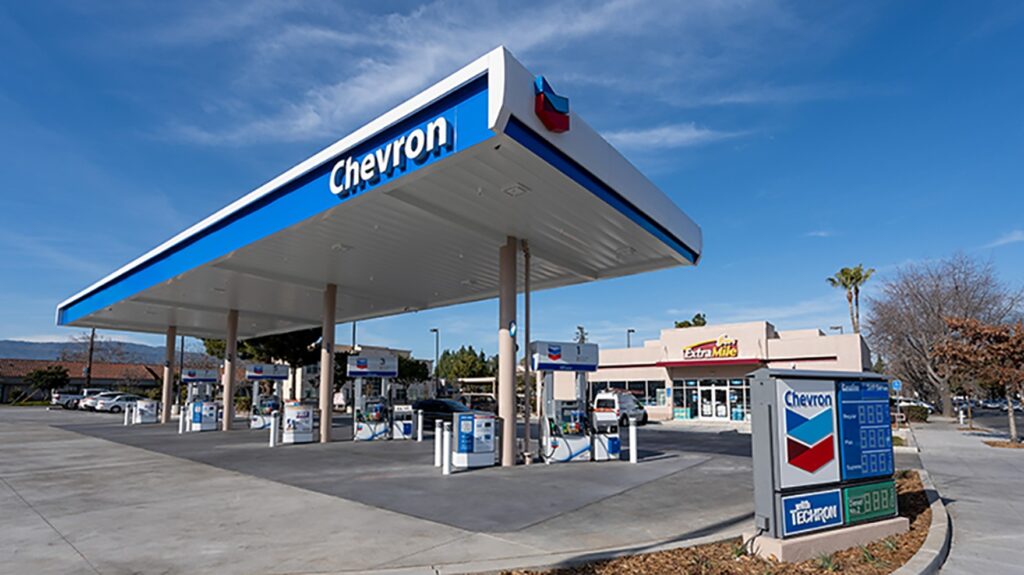Chevron (CVX.N) has taken the decision to indefinitely idle two biodiesel production facilities in the U.S. Midwest, citing unfavorable market conditions.
The company, which stands as the second-largest oil producer in the United States, confirmed this move on Friday.
This decision affects the plants located in Ralston, Iowa, and Madison, Wisconsin. Together, these facilities have the capacity to process 50 million gallons of biodiesel per year.
In 2022, Chevron made a significant move by acquiring Renewable Energy Group for $3.15 billion, aiming to bolster its renewable fuels production.
The acquisition aimed to expand production to 100,000 barrels per day by 2030. With this deal, Chevron acquired 10 biodiesel plants along with one renewable diesel facility.
The current state of the biodiesel market reflects a significant downturn.
Biodiesel, which is derived from agricultural oils and animal fats, is recognized as a cleaner burning fuel compared to petroleum-based diesel.
However, it comes with higher production costs.
Despite its environmental benefits, the market for biodiesel has been challenged by growing supplies and a recent decline in the value of renewable credits, which are essential for offsetting production costs.
Market prices for biodiesel have witnessed a notable slump in recent months.
In October 2022, the price of a blend containing 20% biodiesel peaked at $4.80 per gallon of gasoline equivalent, but last month, it fell to $3.45 per gallon.
Contributing factors to this decline include increased supplies and a decrease in renewable credit values.
President Joe Biden’s administration has implemented measures to promote biofuel usage, including increasing the mandated blending of biofuels into the nation’s fuel mix.
However, the plan includes lower mandates for corn-based ethanol than initially proposed, which has further affected credit prices.
In contrast to biodiesel, renewable diesel production is expected to rise significantly, reaching 230,000 barrels per day this year.
This fuel, produced from animal fats, boasts a lower carbon intensity score and thus generates more renewable credits.
As a result, producers of renewable diesel are better positioned in the current market landscape.
